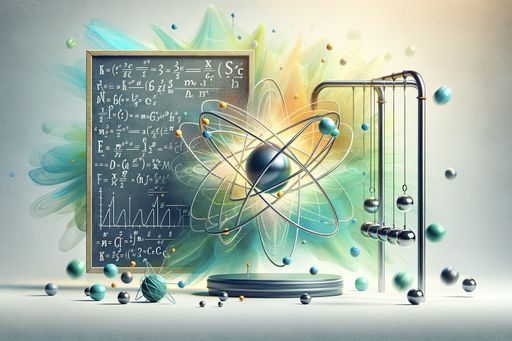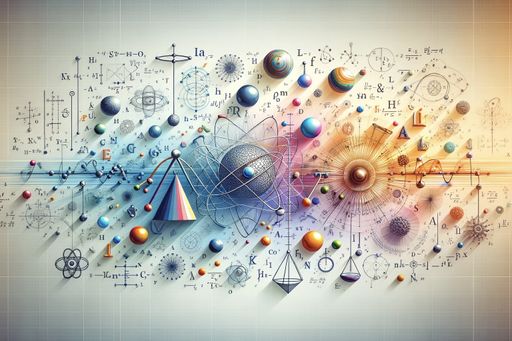Physics Feed - Page 3

Milky Way's Massive, Mysterious “Radcliffe Wave” Is Oscillating Through Space-Time
Astronomers have discovered a massive wave-shaped chain of gaseous clouds in the Milky Way called the Radcliffe Wave. They have now found that the Radcliffe Wave not only looks like a wave but also moves like one, oscillating through space-time.

Brightest Object in the Universe Discovered – Powered by Supermassive Black Hole Eating a Sun a Day
Astronomers using the ESO’s VLT have discovered the brightest and most luminous quasar ever observed, powered by the fastest-growing black hole known, which accumulates mass at the rate of one Sun per day.

Stars
One of the most impressive things about Einstein's 1915 theory of gravity, general relativity, is how many incredible cosmic objects it has predicted.

New Type of Magnetism Breaks from Convention
Physicists have discovered a property in a newly identified type of magnetism called altermagnetism that sets it apart from conventional antiferromagnets.

How Some Galaxies Defy the Dark Matter-to-Normal Matter Ratio
Exploring the exceptional cases of galaxies that have the wrong amount of dark matter

Altermagnetic Lifting of Kramers Spin Degeneracy
Researchers have discovered a new magnetic phase called altermagnetism that can lift the Kramers spin degeneracy in materials. This phase allows for the separation of spin degeneracy without net magnetization and inversion symmetry breaking.

Atomic Freeze-Frame: Electron Motion in Water Captured For First Time
Scientists have successfully captured the movement of electrons in liquid water for the first time, opening up new possibilities in experimental physics.

Five New Isotopes Is Just the Beginning
Researchers at the Facility for Rare Isotope Beams have discovered five never-before-seen rare isotopes, showcasing the facility's potential for future experiments.
